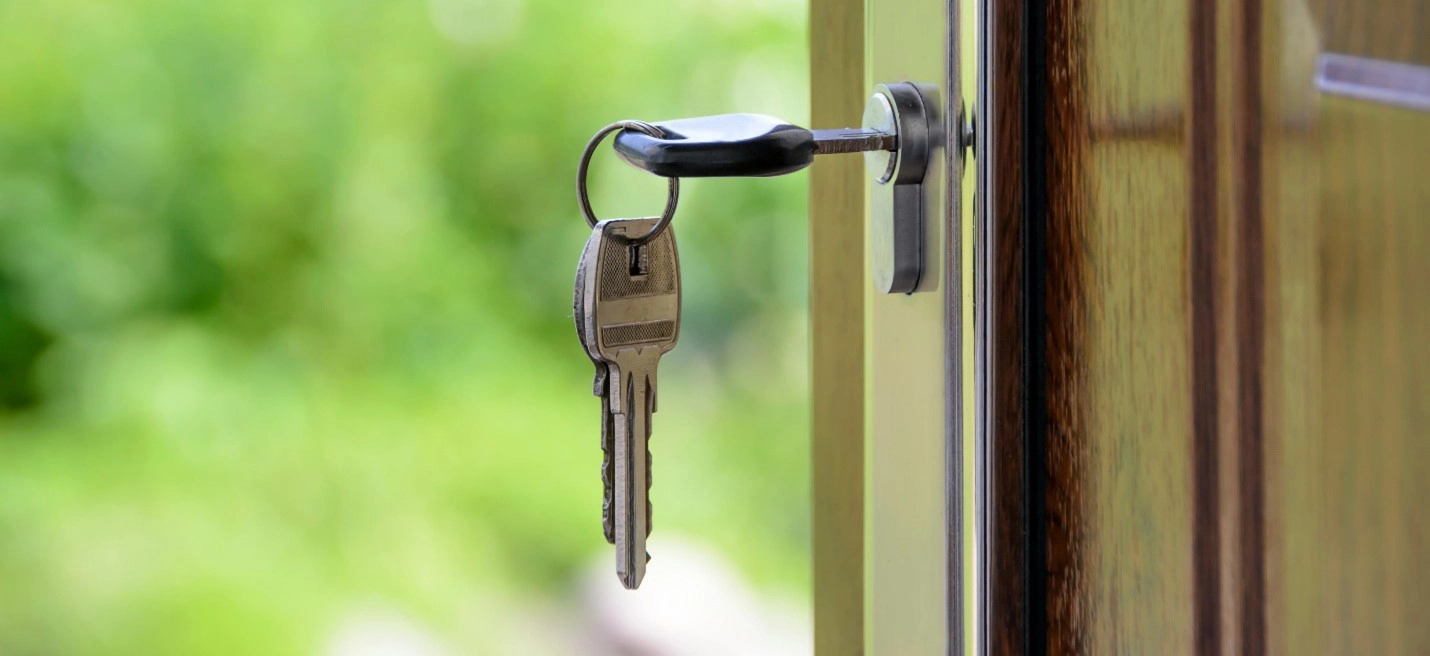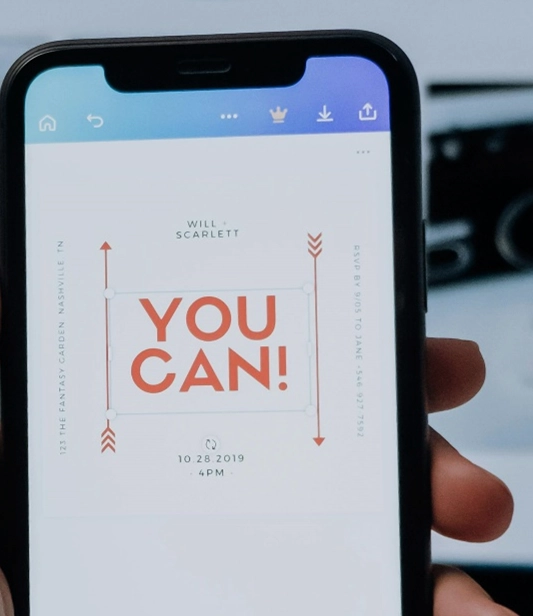
The typical person can’t afford the typical home. As property values keep rising, down payments aren’t getting any easier to make. If you know the feeling, have you looked up down payment assistance? It can be a grant, with no repayment requirement. Or it could be a loan — possibly a forgivable loan.
Even if you’re not in the first-time buyer category, you could still qualify for a number of offerings out there.
Let’s look at some possibilities, and how they work for a buyer.
What’s Happening in Your State?
Run a search for down payment assistance and the name of your state. Visit the agencies and organizations you find online. They usually keep directories of lenders they work with.
You’ll note that some offerings are meant for first-time homebuyers. But remember, the real estate industry calls you a first-time home buyer as long as you haven’t held your own deed to the place where you live for at least three years.
Plus, some offerings are open to all applicants. As Down Payment Resource says about down payment assistance in general:
You don’t have to be a first-time buyer. Over 39% of all programs are for repeat homebuyers who have owned a home in the last 3 years.
For example, Ohio’s Next Home (which chips in 2.5% of the home’s price as down payment assistance) is open not only to first-timers, but to any buyer who meets the criteria.
Where to Look, Beyond the State’s Programs

Your state’s housing agency is a great place to start. Go to the U.S. Department of Housing and Urban Development (HUD) website. Look up your state to find resources available to you.
But there’s more. Also look for local offerings, starting with:
- Cities and counties. Check the website of your own county or city, and you could be surprised. Some offer robust assistance to eligible applicants.
- The Consumer Financial Protection Bureau (CFPB). Check by zip code to find local guidance.
Ask your mortgage consultant to guide you as you put together your proof of eligibility. Your mortgage company might even provide applications that it can submit for you.
Some Loans and Grants Are Too Good to Miss
Most states and quite a few local governments offer loans to help home buyers. Here are the key types of loans connected with down payments and closing costs on a home:
- Zero-interest loans (forgivable). These funds are forgivable if the borrower continues to live in the home for a specific period of time (such as five years).
- Zero-interest loans (deferred). These loans need not be repaid unless and until you sell, or you pay off or refinance your loan.
- Low-interest loans. The loans help with the down payment or closing costs, and can be paid over an extended timeline, such as 10 years.
A housing finance agency will know who the participating lenders are. Buyers apply through their local or state agencies, or through their mortgage lenders. Applying for these loans feels a lot like applying for a regular mortgage. As you’re applying for a mortgage anyway, you’ll have all your paperwork ready.
And don’t overlook grants. Down payment grant money is yours, once you’re approved. No need to repay the source.
Grants tend to target recent college grads, public servants, and new buyers with modest earnings (compared with other earners in the same area). And your state or local government might offer them. Check out the assistance available in Toledo, Ohio, which comes in the form of a grant. And here’s a video describing Chicago’s down payment grant.
What Do Buyers Do in Return for the Financial Boost?
If you do apply for assistance, you could be expected to:
- Complete a buyer education session.
- Buy a home that’s priced under a certain cap.
- Live in the home for five years or longer.
- Put some of your own money down.
Generally, applicants earn modest incomes. They are willing to buy in specific areas. If they apply for a loan, they can demonstrate a certain minimum credit score, and show a debt-to-income (DTI) ratio under specified limits.
The stronger an applicant’s credit profile, the easier it is to qualify for down payment assistance and low-interest home loans. Here’s how to build credit strength.
Tell Your Lender Freddie Sent You
Freddie Mac recently introduced DPA One®. When you shop for lenders, you can ask if they’re aware of this new platform that debuted in September 2023. It’s designed to let lenders easily match people to down payment assistance (DPA, in industry lingo).
DPA One can help a wide range of loan applicants — not just first-timers. Thousands of lenders are already using it. Will yours?
There’s no charge for the lenders to use this tool. Yet it’s robust and it draws on opportunities from many sources. Freddie Mac is continually adding new information and new partners — from federal agencies, all the way down to your local assistance providers.
Here’s how it works, from Freddie.
Popular Alternatives to Down Payment Assistance
Government-backed loans with low down payment minimums offer first-time buyers a dependable choice. Consider a loan backed by the Federal Housing Authority. FHA loans allow for as little as 3.5% down.
Veterans Affairs (VA) loans and Department of Agriculture (USDA) loans can be issued for zero or near-zero down to qualified applicants. Ask your mortgage consultant whether any of these options work well for you.
Putting less than 20% down? Most buyers do — so they pay private mortgage insurance (PMI) to lower the lender’s risk. And with the FHA loan, you can’t get the PMI lifted once your equity reaches 20% (unless you plan to refinance). Easing PMI requirements is a White House priority.
Remember, too: some conventional loans let you pay just 3% down.
And don’t overlook tax breaks. Check with your state’s housing finance agency for mortgage tax credit certificates for primary residences. These are not the same as mortgage interest deductions; they’re in addition.
So, how do you access them? When shopping for a mortgage lender, ask if the company works with mortgage credit certificates. If so, will the lender help you apply with your local or state housing financing agency? You might need to chip in an application fee.
Important note: Some forms of assistance can be taxable, or may impact other benefits. This article is neither financial nor legal advice. A personal consultation with a professional is essential when you need situation-specific guidance. Deeds.com is not affiliated with any companies mentioned in this article.
Supporting References
LaToya Irby for the Ask Experian blog, from Experian.com: How to Get Down Payment Assistance (Jul. 10, 2024).
Barbara Marquand and Abby Badach Doyle for NerdWallet™ via NerdWallet.com: Down Payment Assistance – How It Works, Where to Find It (updated Jul. 17, 2024).
Zeb Lowe for HousingWire (HW Media, LLC) via HousingWire.com: Breaking Barriers – The Down Payment Assistance Revolution (Jun. 26, 2024; discussing DPA One® from Freddie Mac).
Genna Contino for CNBC TV, part of NBCUniversal, via CNBC.com: How Down Payment Assistance Programs Can Help Clear the Path to Homeownership (Jul. 23 2024).
And as linked.
More on topics: First-time homebuyer tips, Affordability
Photo credits: PhotoMIX Company and Cottonbro Studio, via Pexels/Canva.
